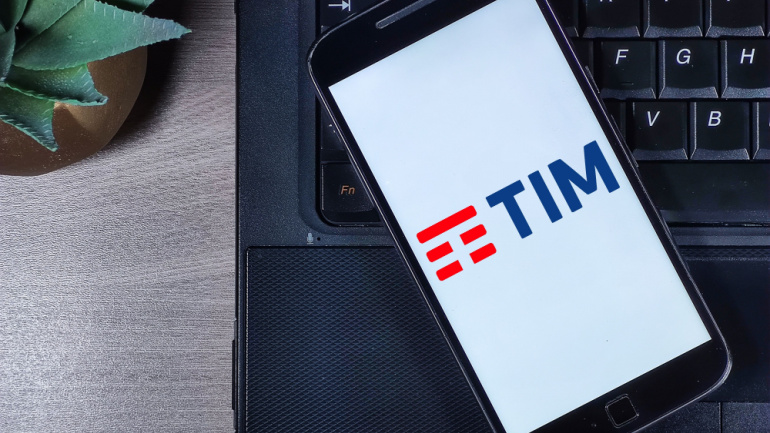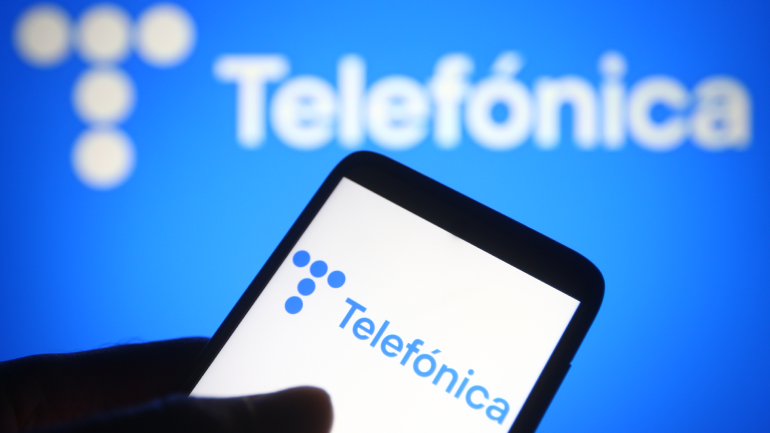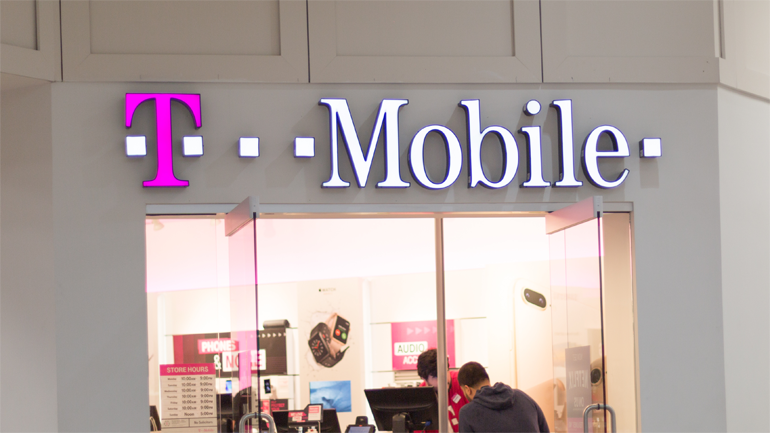In a surprising turn of events, Vodafone has once again declined an enhanced merger proposal from Iliad for its Italian operations, despite the latter’s efforts to sweeten the deal. Iliad had revised its initial offer, made two years ago, in December, proposing a 50:50 joint venture that valued Vodafone Italia at €10.45 billion. This arrangement would have netted Vodafone €6.5 billion in cash and a €2 billion shareholder loan, with additional cash influx opportunities through a buyout option.
In a strategic move aimed at bolstering its standing in the realm of artificial intelligence (AI), Swiss telecommunications giant Swisscom has entered into a partnership with Nvidia. The collaboration, unveiled at the AI House Davos during the World Economic Forum, involves the creation of generative AI full-stack supercomputers utilizing Nvidia accelerators and AI software in Switzerland and Italy.
Vodafone is expanding its devotion to Open RAN technology, joining forces with Nokia in a progressive venture in Italy. The initiative aligns with Vodafone’s Open RAN directive, largely centered in the UK, and extends influence to the Italian telecom landscape. With this first commercial 5G Open RAN pilot in Italy, they aim to prove Nokia’s Open RAN solution matches the functionality and quality of traditional RAN. With an eye on promoting automated, adaptable networks for the ever-growing demand of responsive 5G services, such innovation bolsters the EU’s digital sovereignty and global competitiveness.
Intelsat’s recent partnership with Telespazio paints a promising image of the future of global network operations. With the inclusion of Telespazio’s premier teleport facility, Fucino space centre, into Intelsat’s network, seamless European connectivity is underway. Moreover, the alliance caters to the growing global demand for managed satellite services, elevating the standard for high-profile sectors, while improving geospatial communication. This precise move highlights the tremendous potential of combining flexible solutions for global positioning.
TIM enters exclusive negotiations with KKR for its network assets sale, navigating regulatory hurdles and Vivendi’s opposition. Will the deal reach a successful conclusion?
TIM explores offers for its Enterprise business, valuing the unit at over €6 billion, while the board evaluates bids for network assets. With the company’s gross financial debt nearing €32 billion, maximizing value is crucial. KKR emerges as a frontrunner, as anticipation builds for exclusive discussions lasting until late August or early September.
EXA Infrastructure partners with Cinturion to connect state-of-the-art Trans Europe Asia System to its high-speed digital infrastructure, expanding routes and bandwidth for global customers and strengthening connectivity between India, the Middle East, and Europe.
Spain’s Telefónica has announced that it will sell a portion of its rural fiber network to a group led by France’s Credit Agricole and Vauban for roughly 1 billion euros. According to a statement released by Telefónica, the financial group and the investment firm will buy a 45 percent stake in Bluevia, a provider of rural fiber, with a total valuation of 2.5 billion euros. Telefónica also stated that it anticipates the deal to be finalized by year’s end, subject to regulatory approvals. Bluevia is a platform for managing and deploying fiber networks in underserved rural parts of Spain in collaboration with networks administered by third-party operators. The transaction takes place less than a month after Telefónica established their dedicated neutral wholesale FTTH provider, which is primarily focused on connecting areas comprising Spain’s lowest population densities. As a neutral wholesaler, Bluevia will establish a fiber network in…
In conjunction with key local industry experts, BAI Communications, a worldwide communications infrastructure provider, has launched the next phase of its international growth plan with its entrance into Italy. The company’s goal is to deliver neutral host connected infrastructure solutions to one of Europe’s strongest telecoms markets. BAI Italia is the company’s first European business outside of the United Kingdom and Ireland, bolstering its position as a regional leader in 5G and shared infrastructure. BAI Italia will focus on providing low latency and limitless capacity neutral host networks to ensure that Italians can remain connected in congested metropolitan areas. The group’s vast capabilities will be leveraged by the experienced leadership team to design, develop, manage and fund the critical connectivity infrastructure required to advance digital innovation. The organization will expand existing connections with mobile network operators (MNOs), businesses and municipalities to create a future-ready platform that will be…
T-Mobile US is experimenting with fiber broadband by launching a symmetrical gigabit fiber service in New York City. The service is offered for a fixed monthly fee, but the prices have not yet been announced. This service, which offers 940Mbps upload and download rates as well as a WiFi 6 router, is now being tested in selected Manhattan apartment buildings. The company is undertaking a very restricted trial with a third-party supplier to offer residential internet using fiber-optic lines from that partner rather than deploying its own lines. T-Mobile did not reveal the identity of its local partner. The decision to collaborate with a local broadband provider is consistent with T-Mobile’s well-known practice of leasing rather than constructing fiber for its cell sites. Because T-Mobile is not installing new fiber connections but rather utilizing those that are already in place, initial expenses are kept low, and T-Mobile is…













